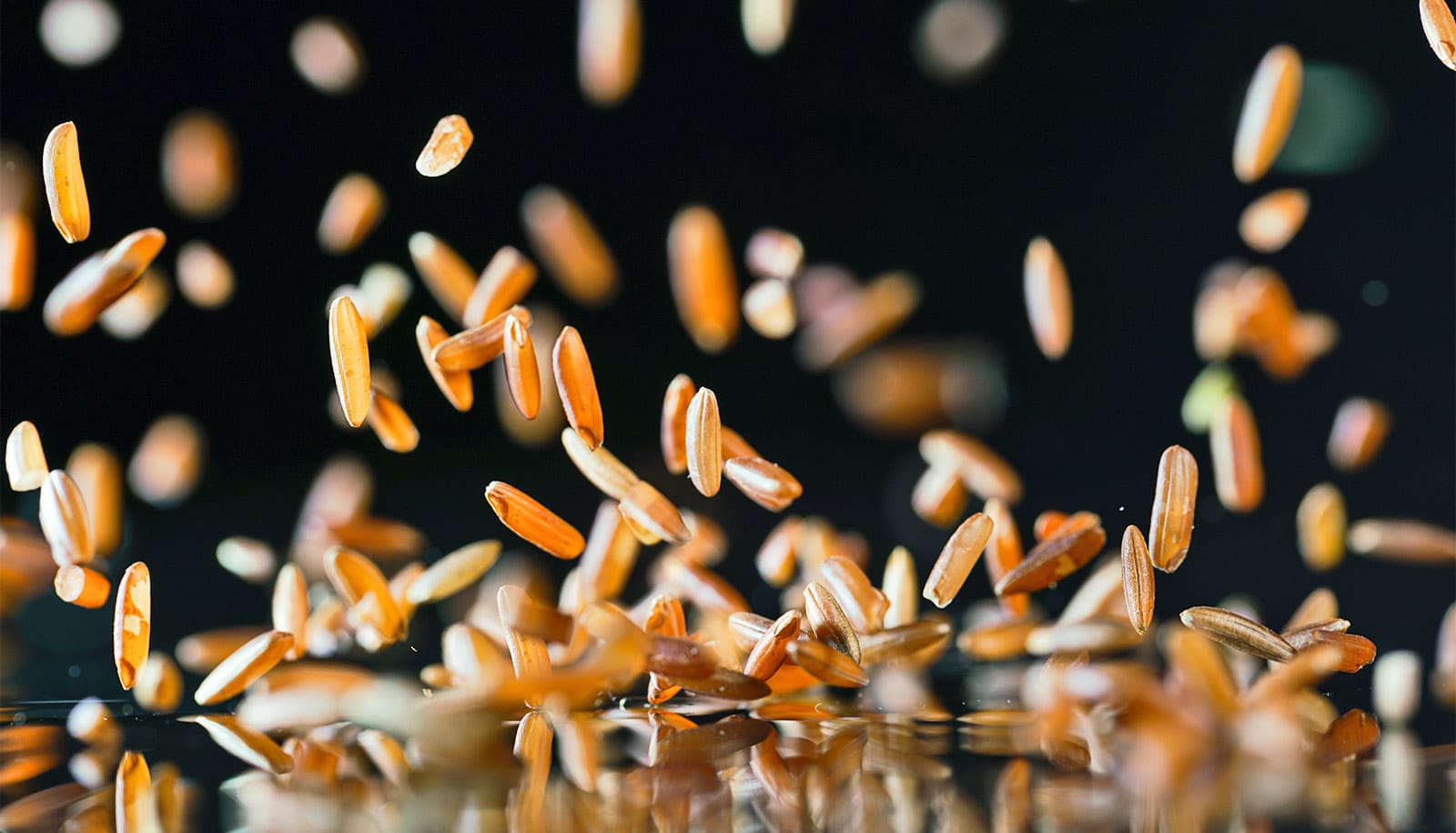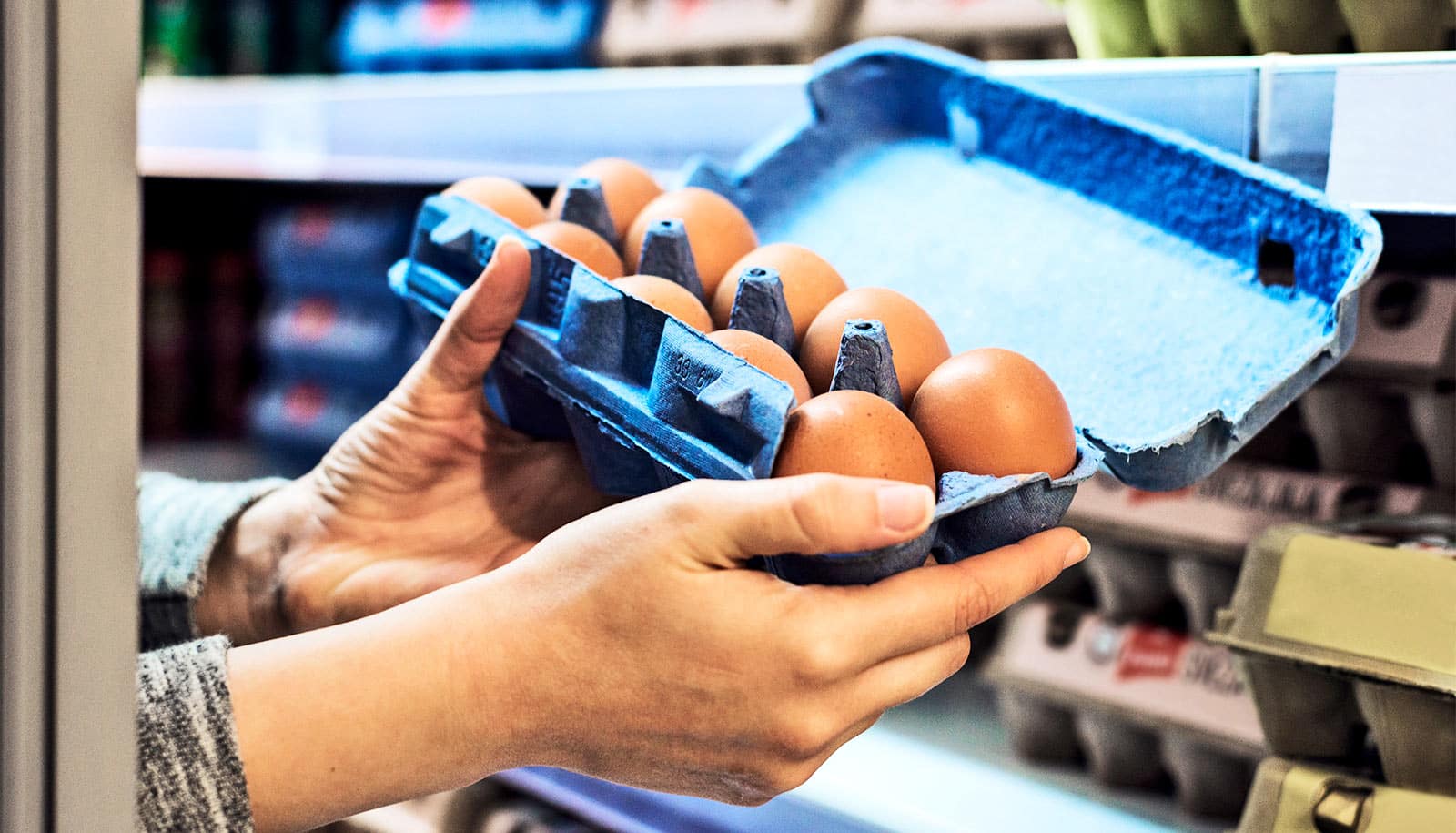A newly discovered protein could significantly improve the process of brewing beer, a new study suggests.
In the study, researcher Jaswinder Singh and coauthors describe a new protein, TLP8 (Thaumatin—Like Protein), which manages the amount of β-glucan in barley grains, best known as the vital ingredient of beer.
“We found that during grain germination, TLP8 binds to β-glucan and significantly lowers its amount in the barley malt,” says Singh, an assistant professor in the plant science department at McGill University.
Many brewers know that too much β-glucan, a dietary fiber and key sugar found in barley, can complicate beer brewing and ruin the barrel.
During malting and germination, physiological modifications occur inside barley grains that lead to starch, protein, and cell wall sugars such as β-glucan being cut up into smaller pieces, a process known as hydrolysis.
If not properly hydrolyzed, β-glucan produces a highly viscous wort, which leads to a slower filtration and haze formation during brewing.
Ancient Chinese recipe makes lumpy, tasty beer
With the right conditions, Singh believes that higher concentrations of TLP8 could lower β-glucan levels and improve the brewing process and beer quality.
Over 65 percent of all Canadian malt is exported to more than 20 countries around the world, making Canada the world’s second-largest malt exporter.
“Our findings advance the understanding of the malting process and may provide gains for brewers,” Singh says.
Pea-size brain structure may make beer cravings
The study appears in the Proceedings of the National Academy of Sciences. The NSERC and BMBRI (Brewing and Malting Barley Research Institute) funded the research.
Source: McGill University



